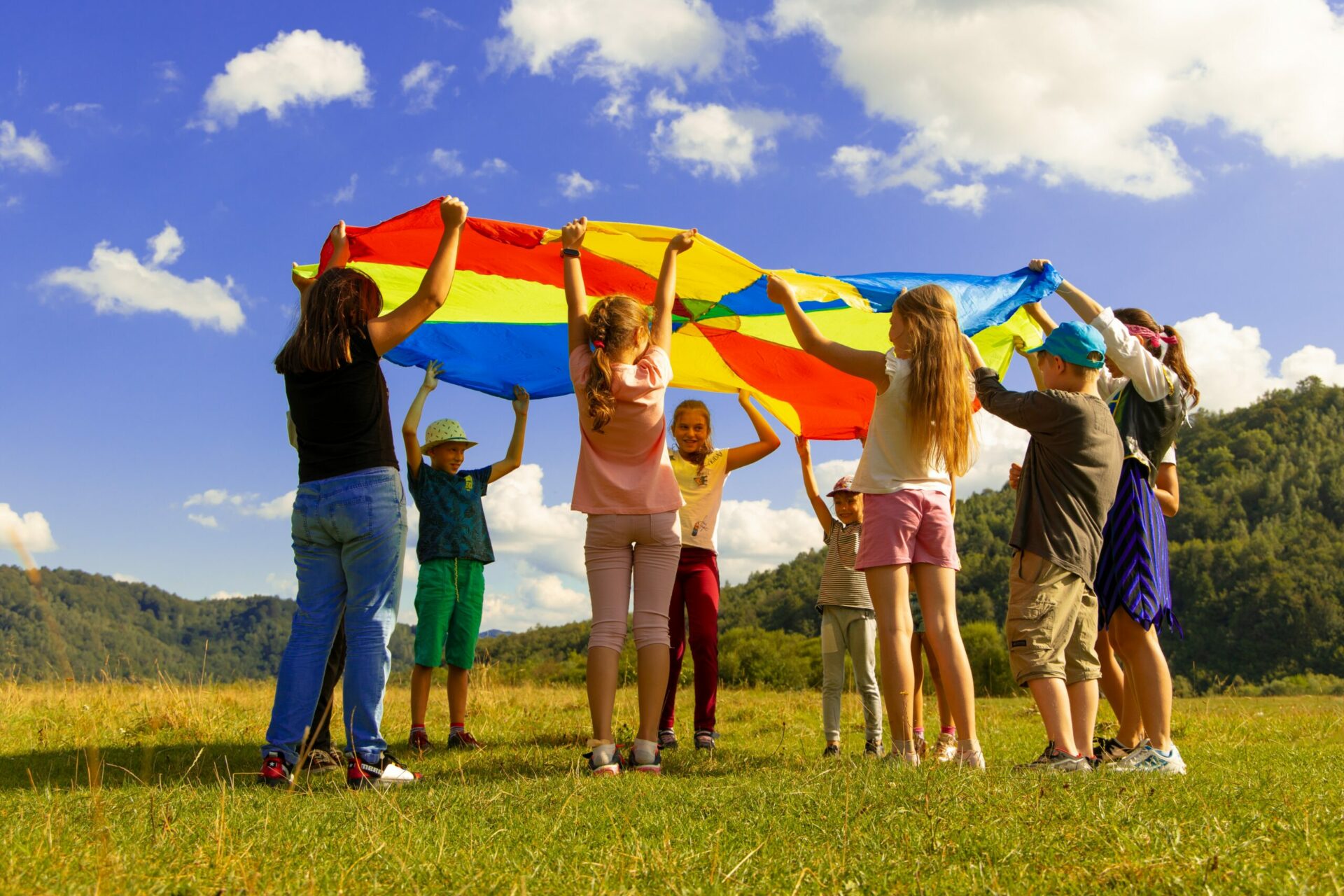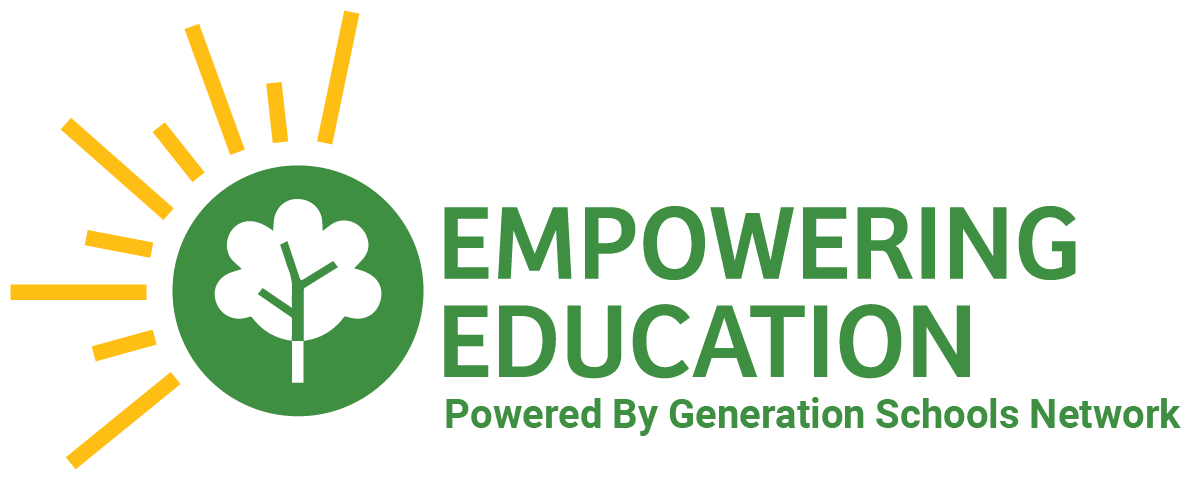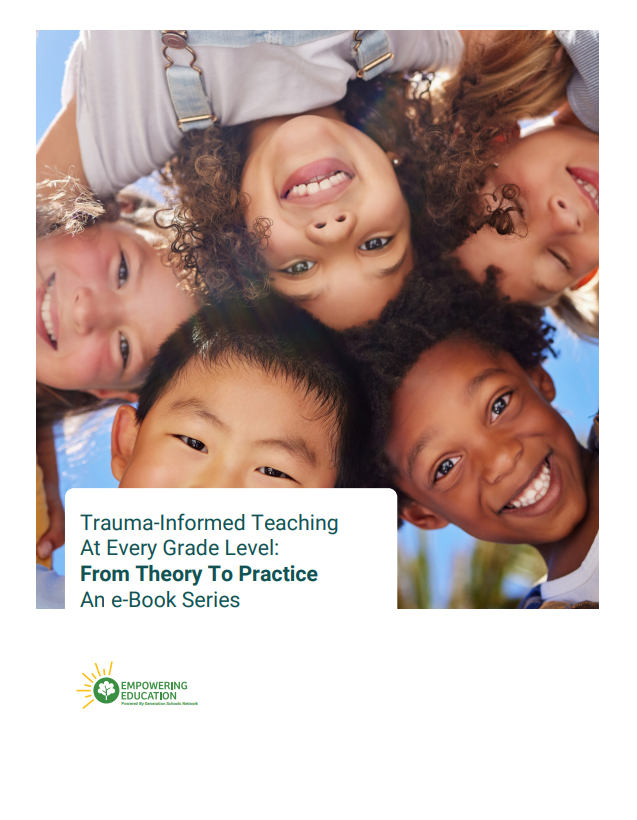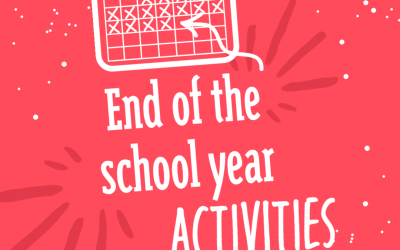
The past few years have been incredibly tough on students, who have had to go through and adjust to immense changes in their daily lives.
Students cope with challenges in different ways, but the common factor that has allowed them to do so healthily is the presence of social support. Students with a sound support system have shown more resilience and less anxiety, aiding in coping with difficulty and allowing them to achieve in their studies.
Fellow students offering support to each other can allow for more success and empathy to thrive in the classroom, making it easier for more to excel. Here’s why students should support one another and how to foster that mentality in school:
Mutual support leads to mutual success
Competition among students can help push students beyond their comfort zone, but without the proper parameters, it can lead to negative attitudes toward others and themselves. Students can become grade-obsessed, forcing themselves to go through unhealthy learning practices that can make them isolate themselves to surpass other students.
It's important to nurture the value of mutual aid and receiving and giving support to help everyone succeed. The good news is that there are online platforms that allow students to easily provide mutual support to each other. Students can find top-rated study notes from their peers at different institutions to help them with the course they are taking.
This is why over 17 million students utilize the Studocu platform, as they can share resources among peers taking similar courses. Using this support platform, students from various institutions can create a community to help each other in their education.
Elementary schools can also practice similar habits by encouraging students to study together or share their learning process. This could be through having them share how they solved a math equation or how they understood more complex science concepts. Group discussions can also foster mutual support instead of individual competition. The practice of giving and receiving aid can then be carried with them throughout their academic life, and by the time they get to university, it can even become commonplace.
Tap into strengths and weaknesses
Many students are usually stronger in certain subjects than others, and trying to succeed in ones they aren’t as confident in can be a challenge.
Teachers can be intimidating figures that students may hesitate to approach for help. Having fellow students facilitate learning can ease some of that pressure. Students can support one another by assisting each other in subjects they’re struggling with; for instance, a STEM-inclined student can help out a creative student and vice versa, supporting each other in subjects they’re not inclined toward.
Employing a buddy system or initiating regular peer support meetings can help students supply each other with knowledge and skills for specific subjects. They can learn and teach the topic on their own terms and levels, and it’ll be easier to understand and learn from an equal peer. This allows them to recognize each other’s varying skills and strengths instead of creating an environment of judgment. It will also make them more comfortable asking each other questions and prompt classroom discussions in the long run.
Understand diverse perspectives
Students learn more than just math and science at school; they’re exposed to and learn from people from all backgrounds, demographics, and cultures. As such, diversity education and an inclusive curriculum emerged as essential aspects of learning. This allows students to examine their biases and ways of thinking, helping them navigate a complex social world and encouraging them to do good within their communities. But besides teacher-led lesson plans, students can learn from and support each other as they learn more about their varying perspectives and experiences, offering a closer look into the lives of others that lectures may not allow access to.
Giving students a safe space and opportunity through open discussions or debates to elaborate on their diverse views on various subjects and topics can help other students gain new insights into the world beyond academics. An organic student-to-student connection that acknowledges and honors each individual’s differences teaches them empathy, helping them grow into kind adults. As an educator, your role is to encourage them to value being intelligent, yes, but also open-minded and understanding with each other.
Teaching students to support one another is just a part of their development. Mindfulness and Social-Emotional Learning are other skills needed to empower happier, healthier students. For more on empowering education, do read our other articles.






